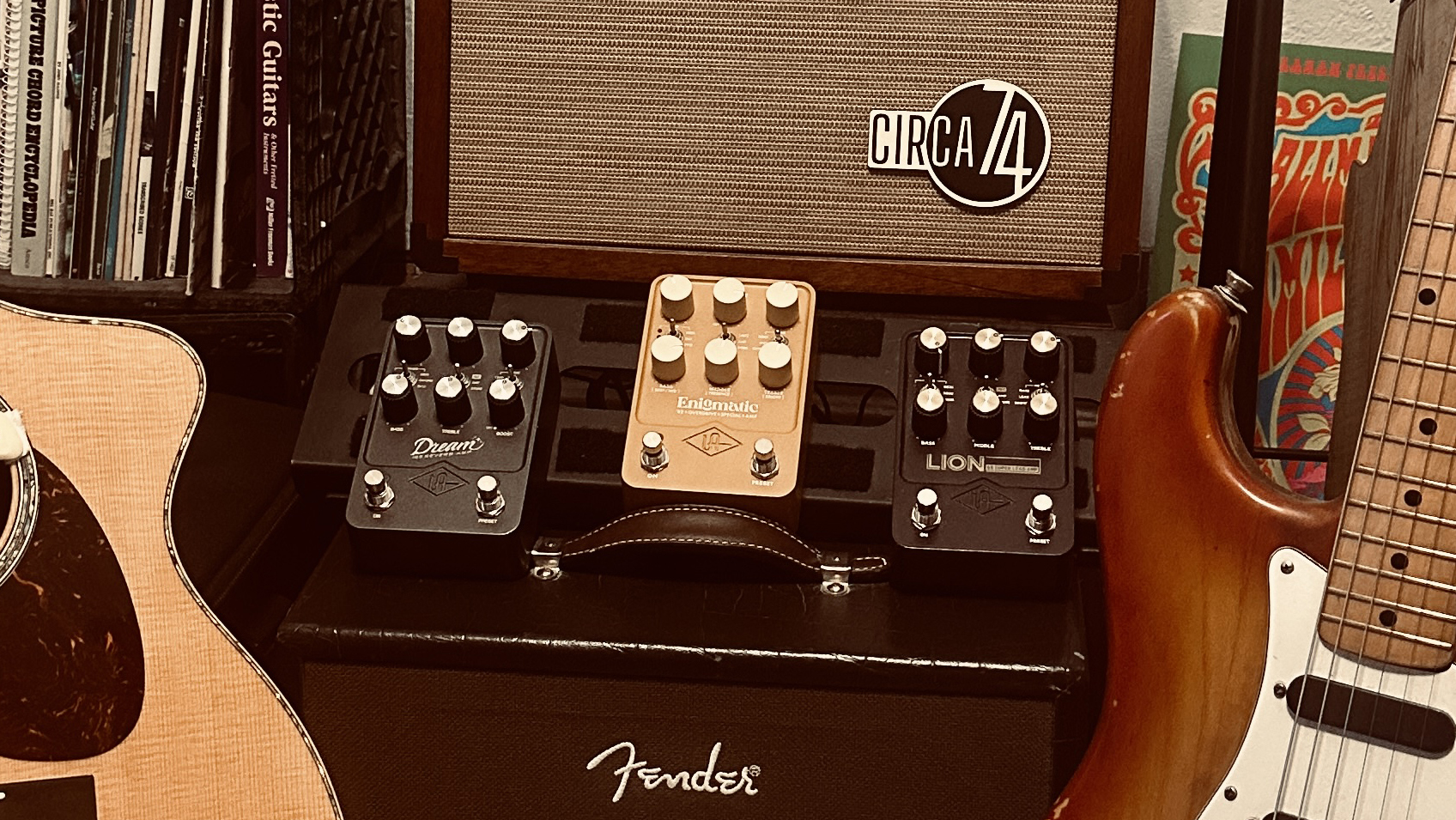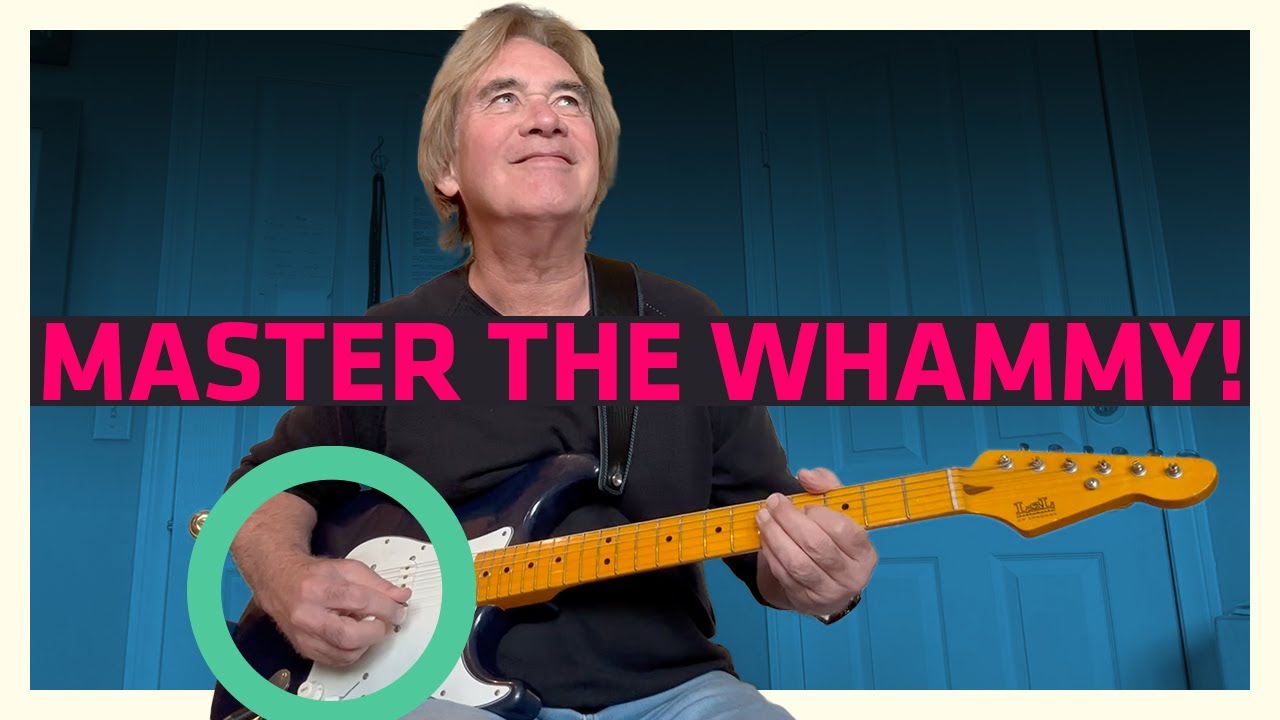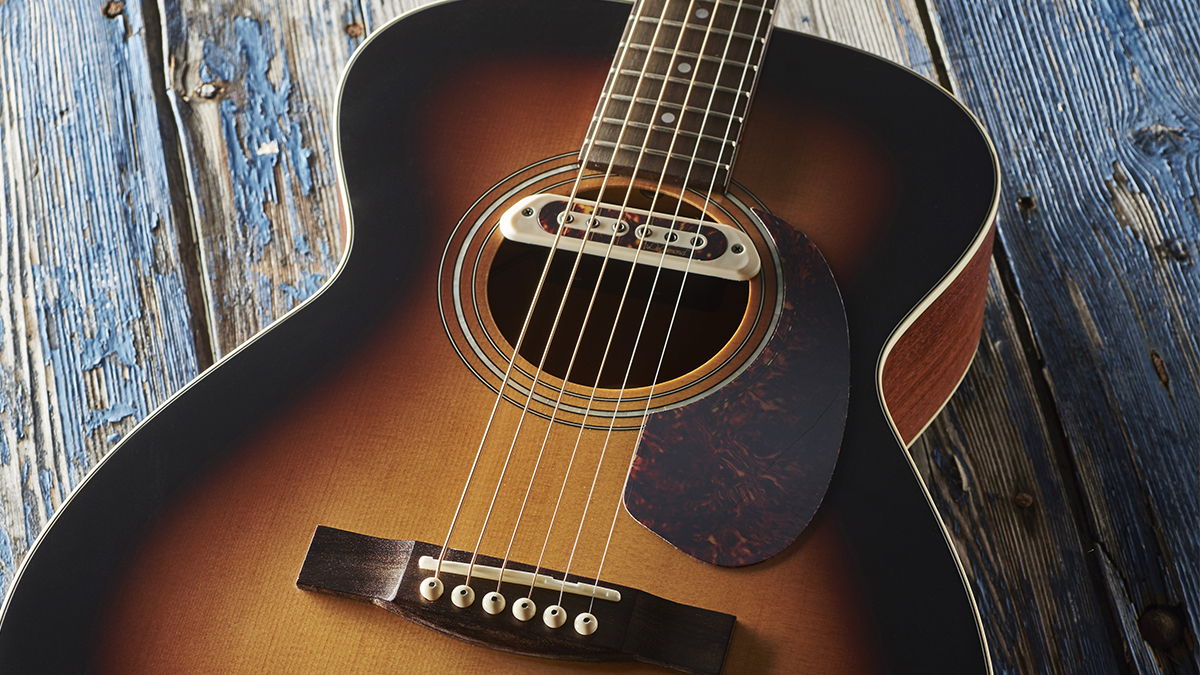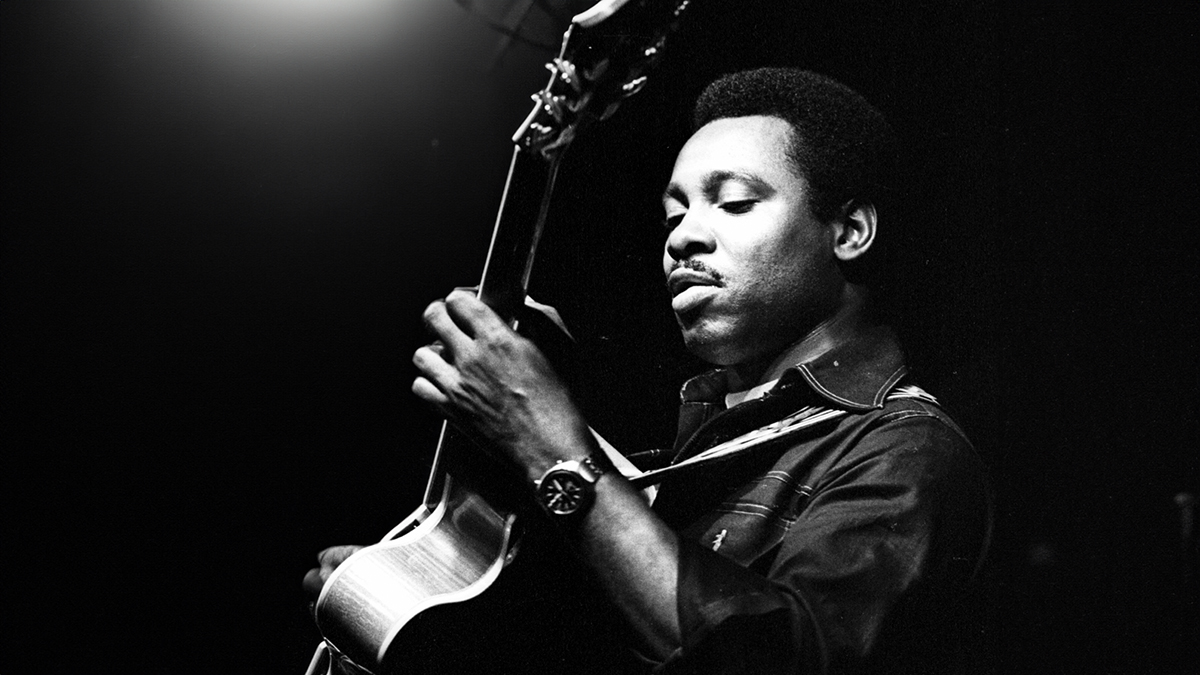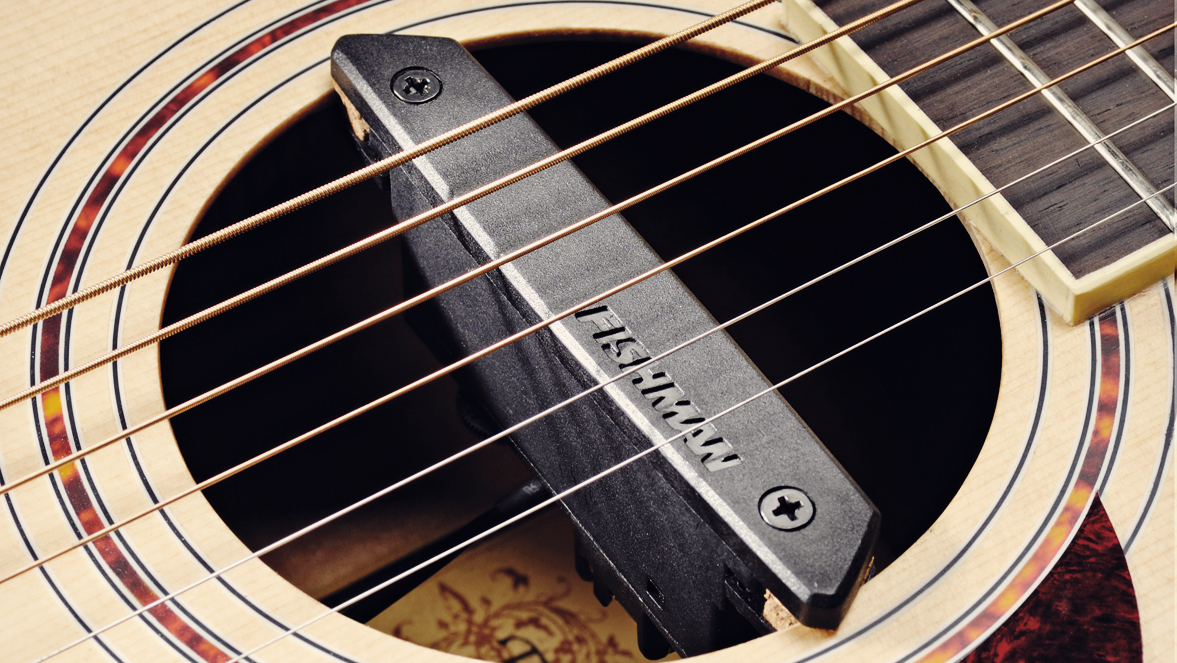
He’s been a member of not one but two iconic bands: Steely Dan and the Doobie Brothers. And if that weren’t enough, he’s one of the most recorded session guitarists in history.
But despite the thousands of hours that Jeff “Skunk” Baxter has held a guitar in his hands, he claims that he’s never once gotten tired of the instrument. “Far from it. I feel like a child every time I pick up the guitar,” he says. “I’m just so fascinated by this magical invention and the sounds it can make. I think that’s why I’ve never gotten into a rut.
I never sit around and just play mindless stuff
Jeff “Skunk” Baxter
“Somehow, I’ve always held onto the excitement of playing the guitar. It’s always fun, and whether I’m in the studio or onstage, my brain is immediately attuned to learning what new thing I can do with it.”
That extends to playing at home, as well. For Baxter, random noodling, that athletic pastime of every guitar player on the planet, is out.
“I never sit around and just play mindless stuff,” he says. “When I watch TV, I try to play the melodies I hear, whether it’s a jingle or the theme to a TV show or movie. That way, I’m always playing something with a construction to it, and ideas come from it.”
Here, Skunk runs down a half-dozen pieces of solid advice for his fellow players…

1. Make a Metronome or Click Track Your Friend
“I started with a metronome when I took classical piano lessons as a kid. By the time I got into the studio scene, that slid right into using a click track.
Groove and time are everything
Jeff “Skunk” Baxter
“I never fought a metronome or click track – they were my friends. Plus, I was fortunate to have played with many great drummers who had excellent time.
“Working with an excellent timekeeper takes the burden off you, because you don’t have to worry about staying in time. Somebody else – or something else – is doing it for you. This is important in all music, but especially if you’re playing R&B. Groove and time are everything.
“You can buy an inexpensive metronome or click. I do recommend the Roland eBand JS-10. It has eight- and 16-bar grooves that are perfect for playing along to.”
2. Don’t Be the First to Solo
“We had this running gag whenever a new guy came into the studio. Invariably, he’d just play all over everything, so we’d say, ‘Hey, man, I really dig what you’re trying to do.’ It was a backhanded way of saying, ‘Okay, chill.’
We’d say, ‘Hey, man, I really dig what you’re trying to do’
Jeff “Skunk” Baxter
“There is something called ‘guitar etiquette,’ and the idea is to be aware of what’s around you. Listen to the other players – it’s not just about you. If the idea is to serve the music, then you need to fit inside of it – and with the other players.
“So just listen. It may be the case that somebody else will have a really great idea. Just chill. If you’ve made it in the room, we know you’re good.
“You’ll get to play your great solos, trust me. But wait till it’s time.”

3. Use Your “Built in” Guitar Teacher
“Most people can sing; in fact, everybody can sing. Even if you don’t have a great voice, you can sing a melody, and that’s a beautiful and useful tool that you have available to you at all times.
“Think about it: If your brain can feed information to your vocal cords, why can’t it do the same for your fingers?
It’ll be different than what you might do if you were just playing
Jeff “Skunk” Baxter
“I used to love listening to the recordings by [jazz pianist] Oscar Peterson. I would hear this grunting and mumbling in the background, and I realized that Peterson was singing along with what he was playing. It wasn’t what you’d call singing in the traditional sense, but in his mind he was vocalizing the music. He was connecting his voice to his fingers.
“Try it yourself. Come up with a simple melody in your head and try to sing it. Then play it on the guitar. After a few tries, you’ll be able to do it, and it’ll be different than what you might do if you were just playing. It’s a really great technique.”
4. Treat Your Fingerboard Properly
“I’ve always been a guitar-fixer guy. People still ask me to work on their instruments. They’ll say, ‘Hey, Skunk, I’ve got a problem with one of my guitars.’ And I tell them, ‘No problem. Bring it around the house and let me see what I can do.’
I finish it by rubbing it hard with a piece of tanned leather
Jeff “Skunk” Baxter
“One secret I have, whenever I refret a fingerboard, is that I use steel wool and wood oil on it. Then I let it dry, and I finish it by rubbing it hard with a piece of tanned leather. It shines everything up, and the frets love it.
“You don’t have to refret your guitar to do this; you can simply remove your strings. The steel wool removes 99 percent of the surface imperfections, but for some reason the leather takes care of that last one percent.
“Your fingerboard will feel so smooth, you won’t believe it. And don’t be afraid to apply a lot of pressure. Your guitar can take it.”
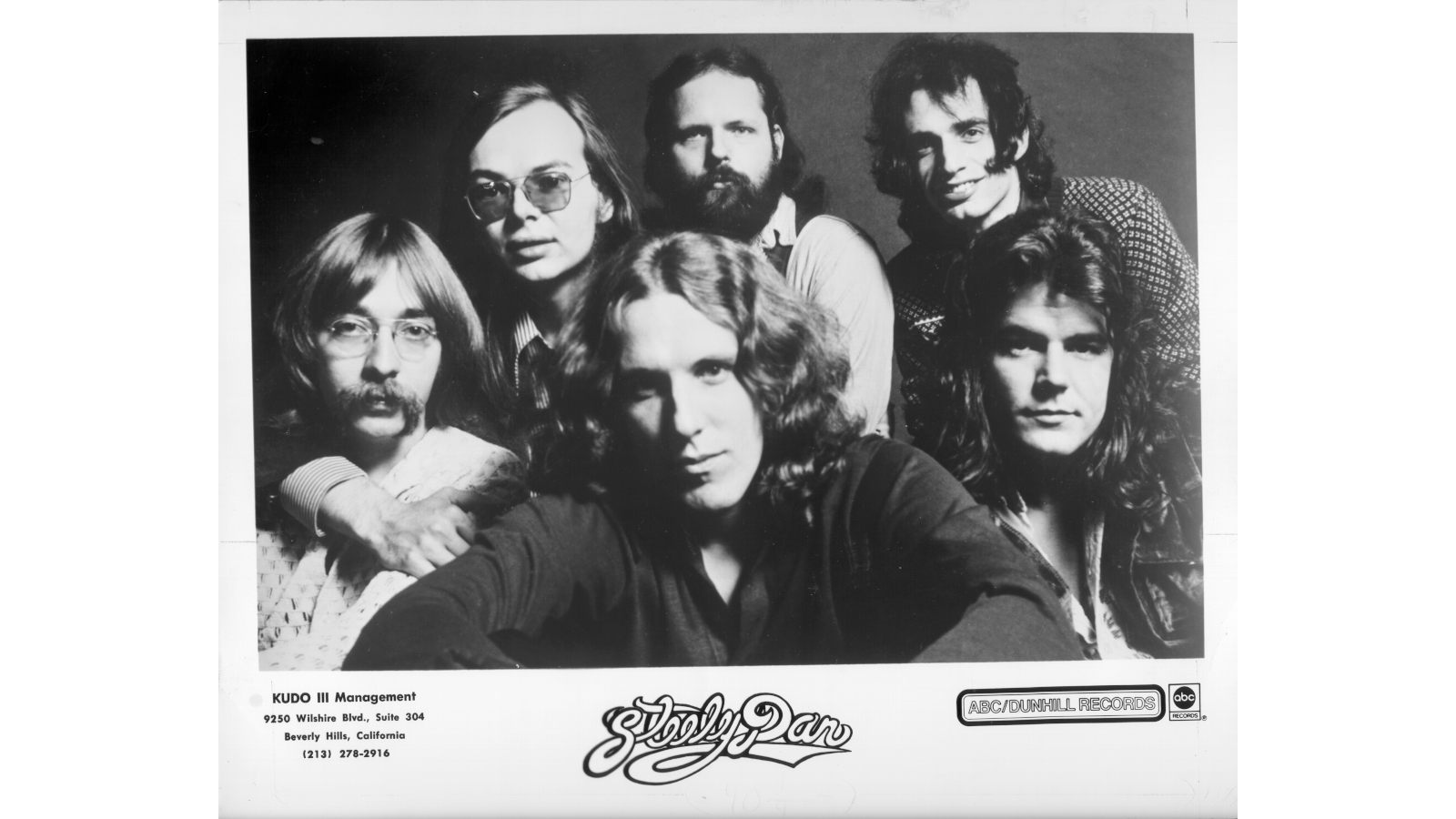
5. Spend Some Time Playing an Acoustic Guitar
“I’ve always found it strange when people would come to a gig with all this gear, and they’d say, ‘I just can’t get my sound.’ I’d think, Really? Why is that exactly? How about you just play the guitar?
“Maybe what you think is your sound isn’t your sound after all. Just play the guitar and worry about all that other stuff later.
If you can sound good on an acoustic, you’ll sound good with anything
Jeff “Skunk” Baxter
“If you’re an electric guitar player, try to spend time playing acoustic guitar. An acoustic guitar makes you work a little harder. It makes you honest and keeps you honest. It’s good for your hands and fingers, and it brings you back to the soul of the guitar.
“It’s so personal – it’s right up against your body, and you feel its sound. There’s nothing like it. It shows you what you’ve got because it’s an undistorted, unprocessed and unbiased mirror of your playing.
“If you can sound good on an acoustic, you’ll sound good with anything. In fact, lately I’ve put heavier gauge strings on my electrics. I like that little bit of fight I get. It’s almost like playing an acoustic.”
6. Get Into Rhythm Playing
“B.B. King once told me that I was the greatest rhythm guitar player he’d ever heard. Talk about a high honor. It doesn’t get any better than that. To me, him saying that was especially important, as I consider the art of rhythm guitar one that is highly underappreciated.
“Everybody wants to play lead guitar, but it’s no big deal. In fact, I’d say that anybody can play lead. It’s true – you spend enough time going through solos in your room, and before long you’ll be a decent lead guitarist.
Rhythm guitar is an art form and a skill unto itself
Jeff “Skunk” Baxter
“But rhythm guitar is an art form and a skill unto itself. It inhabits an interesting and special place between the drummer and bass player. To anybody who thinks rhythm guitar is easy, here’s a test: Try to play the rhythm guitar part to ‘Clean Up Woman’ by Betty Wright. Let’s see how well you do. I guarantee, it’ll challenge you.
“Here’s another idea: Maybe take a few drum lessons. It will help give you an understanding of how a drummer plays a groove.
"Or pick up a bass every once in a while and explore the world of playing the fundamental notes of different chords. It will help your rhythm guitar playing and give you a good basis for building chord intervals.”

Order Jeff "Skunk" Baxter's solo album Speed of Heat here.
Get The Pick Newsletter
All the latest guitar news, interviews, lessons, reviews, deals and more, direct to your inbox!

Joe is a freelance journalist who has, over the past few decades, interviewed hundreds of guitarists for Guitar World, Guitar Player, MusicRadar and Classic Rock. He is also a former editor of Guitar World, contributing writer for Guitar Aficionado and VP of A&R for Island Records. He’s an enthusiastic guitarist, but he’s nowhere near the likes of the people he interviews. Surprisingly, his skills are more suited to the drums. If you need a drummer for your Beatles tribute band, look him up.
“Write for five minutes a day. I mean, who can’t manage that?” Mike Stern's top five guitar tips include one simple fix to help you develop your personal guitar style
"It’s like you’re making a statement. And you never know where it’ll lead." Pete Thorn shares the tip that convinced Joe Satriani he was the right guitarist for the SatchVai Band


